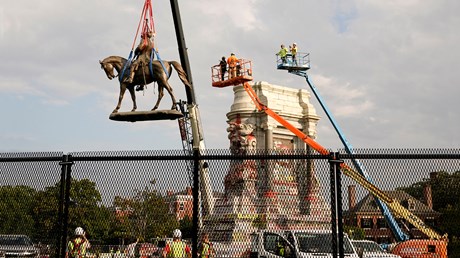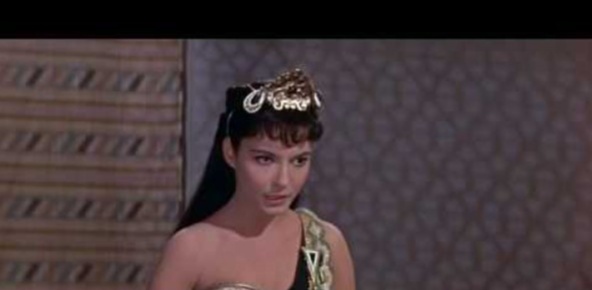The Civil War pitted principles against community. A Christian vision ties them together again.

This week, Robert E. Lee at long last retreated from Richmond. The statue of the Confederate general on Monument Avenue in Richmond was removed from its pedestal, as citizens of the city cheered from the streets. Watching the granite gray warhorse suspended in the air prompted me to think of a conversation I once had about whether a picture of Lee in a seminary dorm room should stay or go.
A student had written to me to ask about a painting he had of Lee—I believe the painting was a family heirloom and, if I remember correctly, there may have even been a family connection to Lee himself. He said that a fellow ministry student, an African American man, winced when he saw the painting in the hallway of the seminary apartment. The white southern student asked me, “Should I take it down?”
I responded that he should and then gave biblical and historical reasons as to why I didn’t think that Lee and other Confederate leaders were worthy of honor.
There was one person, though, whose opinion I wanted to seek, and that was the bard of Henry County, Kentucky: Wendell Berry.
Around the time that I had sent my response to the student, I was out at the poet and novelist’s farm, where at his kitchen table I awkwardly brought up the subject of Lee. I say “awkwardly” because I was quite sure that Berry would disagree with my counsel. After all, I had just read a defense he’d made of Lee, and I was sure he would think that the picture’s removal was one more example of a mobilized and rootless modern society that refused to even remember the past.
Other than the one essay, however, I really had no reason to guess his response. Berry, after all, is an agrarian writer but decidedly not in the ...
from Christianity Today Magazine
via




.gif)

.gif)
.gif)
